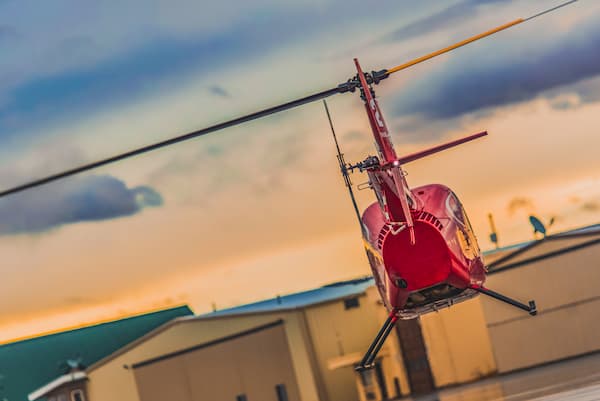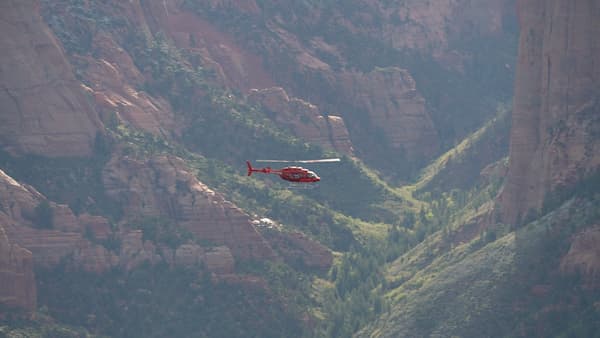How to Pay For Your Flight Training
Posted: March 16, 2020 | Author: Jaidyn Crookston | Read Time: 7 minutes
One of the biggest concerns for incoming flight students is how they're going to pay for their flight training. Many people even view funding as the one thing holding them back from their lifelong dream of becoming a pilot. It can be hard to imagine yourself in the air flying when you see the price tag that comes along with getting your licenses.
Don't let the problem of funding stop you from becoming a pilot. When you know where to look for funding, you'll realize that it isn't quite the hurdle you thought it was.
There are a lot of different options when it comes to looking for funding for flight school, including scholarships, federal financial aid, and student loans. While these are the most common ways students fund their flight training, there are many other possibilities as well.
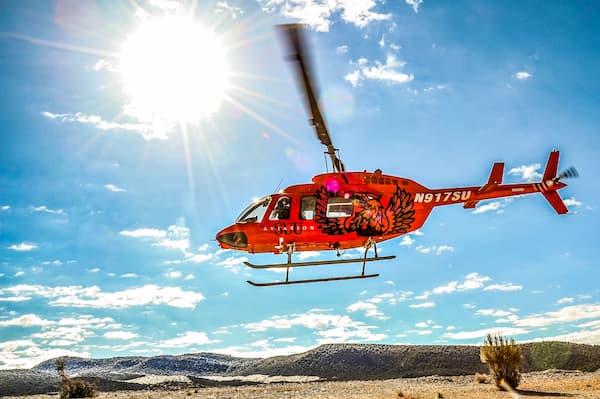
Scholarships
There are hundreds of aviation scholarships available to flight students every year, in addition to the countless general scholarships aimed towards any university student. Many aviation scholarships go unawarded each year because students don't know about them or not enough people apply.
You can find scholarships through private sources and also through your university. Aviation scholarships will be awarded by private partnerships, people, or corporations. Many universities and flight programs have a list for students that gives them an idea of where to start when looking for scholarships. Make sure you ask your school for a list of aviation scholarships so you can start applying.
Seek out and apply to all the scholarships you can find. Many students apply to dozens of scholarships before receiving one. Don't let a lot of unrewarded attempts stop you from applying to all that you can find. The more scholarships you apply to, the better chance you'll have of receiving one. In fact, some students treat applying for scholarships as if it were a part time job. Some students have been able to entirely pay for their flight training this way.
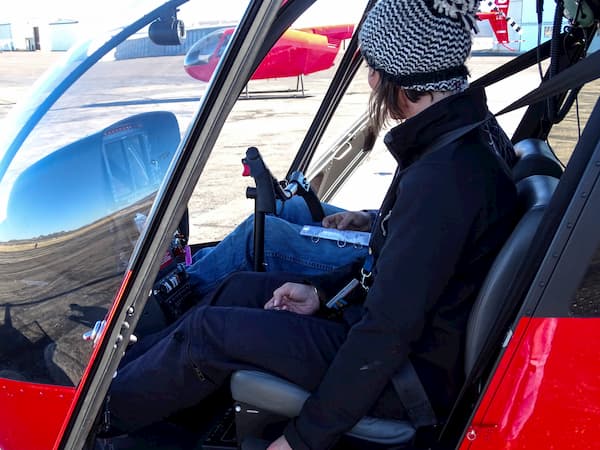 There are quite a few scholarships out there specifically for female flight students. Some organizations that offer scholarships to women are Women in Aviation and Whirly Girls. If you're a woman looking for funding, these may be great opportunities for you.
There are quite a few scholarships out there specifically for female flight students. Some organizations that offer scholarships to women are Women in Aviation and Whirly Girls. If you're a woman looking for funding, these may be great opportunities for you.
Federal Financial Aid
Every year, millions of dollars are awarded to university students who fill out the FAFSA form and qualify for financial aid. Basically, FAFSA determines whether or not you're eligible to receive student loans and federal aid based on your income and financial needs.
One type of federal aid is Pell Grants. Pell Grants are money you don't have to pay back. If you qualify for this, then you don't need to do anything to get it beyond filling out the FAFSA form. You'll have to fill out this form each year and qualify each year to continue getting aid. Federal aid is how many flight students fund a large portion of their flight training.
Student Loans
Whether you're eligible for student loans or not is also determined by FAFSA. Unlike federal aid, you will have to pay back student loans. You won't have to make any loan payments until after you've graduated from flight school.
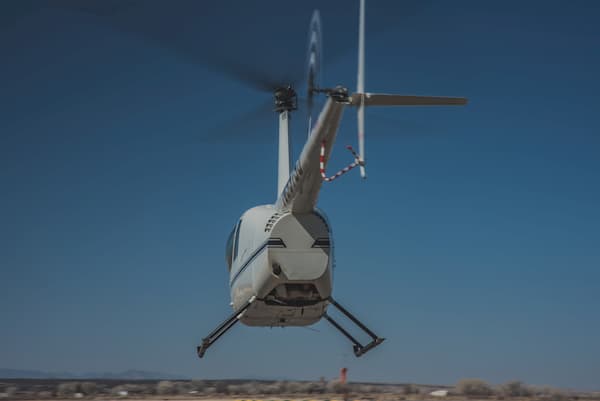
While student loans are a great option for students who need funding, you should exhaust other avenues before turning to this one. Because you'll have to pay back your student loans someday it's best to avoid this debt and try to rely on scholarships and federal aid. If your other funding won't cover your flight school, then student loans is an option.
Recently, SUU was ranked #7 in the country and #2 in the west for lowest student debt among regional universities. If you have questions about financial aid or student loans, you can contact the Financial Aid Office.
Because student loans don't need to be paid back until after you graduate, many flight students decide to go beyond the minimum associate's degree and earn a bachelor's degree or even a master's degree. By continuing your education, you'll get more flight hours and experience, as well as a higher degree. Once you've gotten your associate's degree you'll qualify for a CFI job. If you're able to get a CFI job while still pursuing a bachelor's degree you'll earn money while still in school, making it much easier to pay back your student loans in the future.
Having a job while in flight school
It is possible to have a job while in flight school, but it isn't recommended that you work more than 20 hours per week as a student. This is because of how rigorous and demanding flight school is. Even working 20 hours a week will mean less time to study and prepare for your flight exams.
If you need some extra money for flight training then a part time job may be the way to go. Flight schools often hire students in various capacities. You may be able to work as a secretary, outreach assistant, marketing assistant, tower operator, tour guide, or dispatcher.
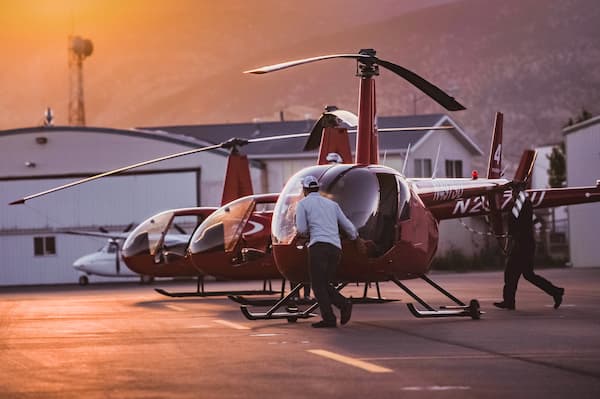
You don't have to work for the flight program. There are jobs available on campus and around town that may be a better fit for your qualifications. If you decide not to get a job, then that's fine and you'll have more time to study for exams and flight tests.
Saving Money
You can start saving money no matter where you are in the process of becoming a pilot—planning to apply to flight school, have been accepted to flight school, or are already in flight school.
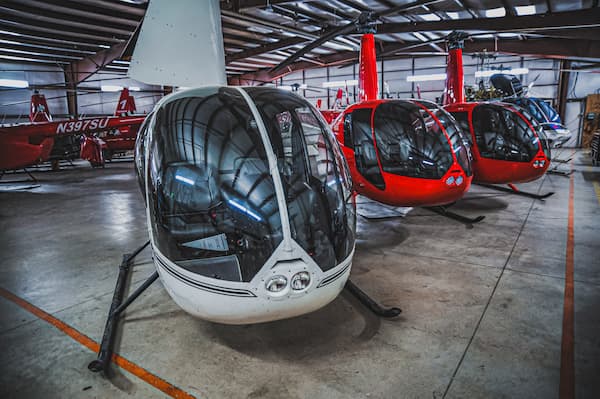
By being frugal now and keeping your dream of becoming a pilot in mind, you may be able to save up enough money to supplement any scholarships and financial aid you receive. The more money you're able to spend that you already have, the fewer student loans you'll have to take out. And the fewer student loans you take out, the more financially stable and self-reliant you'll become.
Many flight students find it helpful to stick to a budget. By planning out your finances and making sure you aren't overspending in any one area, you'll be able to save money that can go towards flight school.
Veterans
If you're a veteran, then you may not have to worry about funding most of your flight training. Some flight schools, like SUU Aviation, are able to accept full VA Benefits. This means that your flight school may be almost completely paid for by your benefits. Veterans typically only need to pay for books, supplies, and the FAA medical exam.
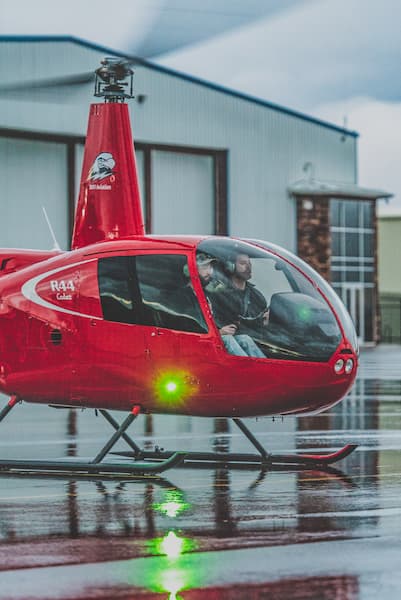 In addition to having flight training funded by the VA, many veterans are able to get Basic Allowance for Housing (BAH). This means that even your housing costs may be covered by the VA. Make sure you look into this incredible opportunity before you start flight school.
In addition to having flight training funded by the VA, many veterans are able to get Basic Allowance for Housing (BAH). This means that even your housing costs may be covered by the VA. Make sure you look into this incredible opportunity before you start flight school.
If you plan on using your VA Benefits to pay for your flight training, contact the Veterans Center at your university. Chances are that you won't need to do much besides fill out some paperwork. As a veteran, funding your flight training will be easy.
Pilot Salary and Demand
If funding your flight training sounds daunting, just remember that once you've earned your pilot's licenses and worked for a few years you'll likely make a very comfortable living. The average salary for a helicopter pilot is $95,000 per year and the average salary for an airline pilot is $136,000 per year, according to salary.com.
Not only will you make a lot of money, but you'll also likely have a job for years to come. The aviation industry isn't going anywhere anytime soon. By training to become a pilot you're setting yourself up for a long, rewarding career. Demand for pilots is higher than ever and is expected to get even higher in the coming years. In fact, Boeing has estimated that demand for airplane pilots will be in the hundred thousands by 2032 and demand for helicopter pilots will be very high as well.
If you have any questions about how to fund your flight training or you want to learn more about our program, contact SUU Aviation.
This article was published more than 3 years ago and might contain outdated information or broken links. As a result, its accuracy cannot be guaranteed.
Tags: Aviation

